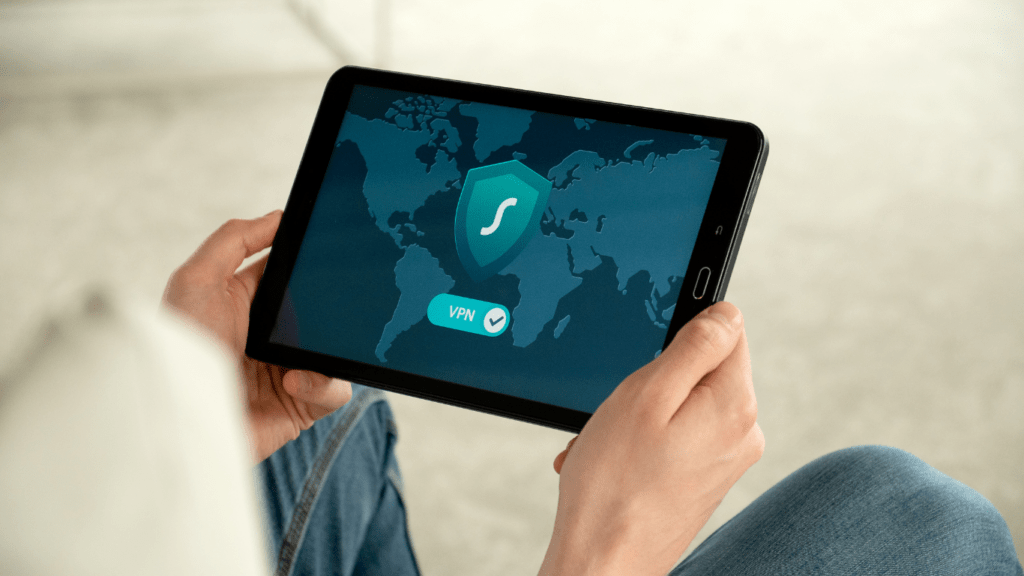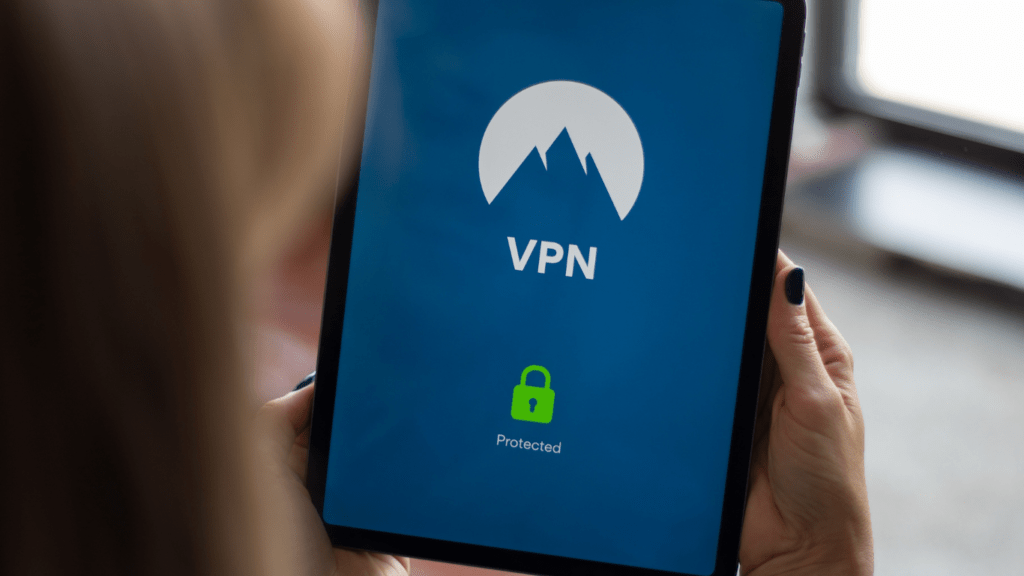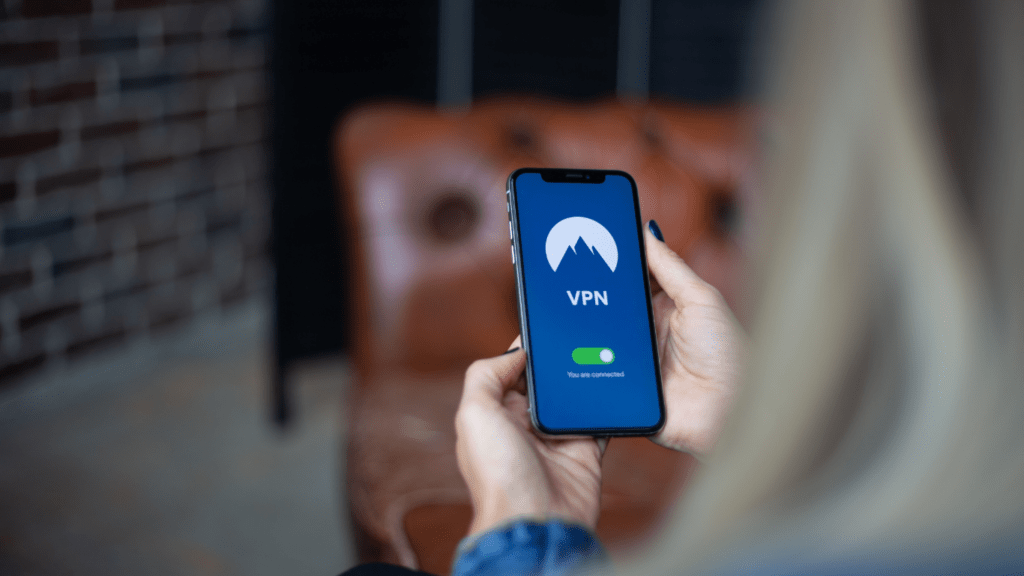In a world where staying connected is essential, public Wi-Fi networks offer convenience on the go. However, these networks can also pose significant security risks. That’s where Virtual Private Networks (VPNs) come in to safeguard your data and privacy while using public Wi-Fi hotspots.
When I’m out and about, I rely on VPNs to create a secure tunnel for my online activities, protecting sensitive information from potential cyber threats. By encrypting my connection, I can browse the web, check emails, and access online services without worrying about prying eyes on public Wi-Fi networks.
Join me as I delve into the importance of VPNs in ensuring a safe and secure online experience, especially when connected to public Wi-Fi. Let’s explore how VPNs can be your trusted companion in safeguarding your digital presence while you’re on the move.
Benefits of Using VPNs
Utilizing a VPN when connecting to public Wi-Fi offers a myriad of advantages that contribute to safeguarding your online activities and data. Here are some key benefits of using VPNs:
- Enhanced Security: VPNs encrypt your internet connection, making it significantly more secure. This encryption ensures that your data remains confidential and protected from potential cyber threats, such as hackers or data breaches.
- Privacy Protection: By using a VPN, you can maintain your online privacy and anonymity. VPNs mask your IP address, making it challenging for third parties to track your online activities and personal information.
- Bypass Geo-Restrictions: VPNs enable you to bypass geo-restrictions and access region-locked content. Whether you’re traveling abroad or want to stream content from another country, a VPN allows you to navigate online restrictions with ease.
- Secure Remote Access: VPNs provide a secure way to access your organization’s network remotely. Whether you’re working from a coffee shop or traveling for business, a VPN ensures that your connection to company resources is encrypted and protected.
- Prevent Bandwidth Throttling: Internet service providers (ISPs) sometimes engage in bandwidth throttling, which can slow down your connection speed based on your online activities. Using a VPN can help prevent bandwidth throttling, ensuring consistent and fast internet speeds.
Overall, incorporating a VPN into your online routine not only enhances your digital security and privacy but also grants you greater accessibility and control over your online experience.
Risks of Public Wi-Fi
As I delve into the risks associated with using public Wi-Fi networks, two primary concerns come to mind: data security and identity theft risks. Let’s explore each of them in more detail below.
Data Security Concerns
When connecting to public Wi-Fi, data security becomes a paramount issue. Hackers often lurk on these networks to intercept sensitive information such as login credentials, financial data, and personal details. Without proper encryption, your data is vulnerable to cyber attacks, putting your privacy at serious risk.
Identity Theft Risks
Another significant risk of using public Wi-Fi is the potential for identity theft. Cybercriminals adept at stealing personal information can use unsecured networks to capture your login credentials, credit card numbers, and other confidential data. This could lead to devastating consequences, including financial loss and damage to your online reputation.
Best Practices for Using VPNs on Public Wi-Fi

Ensuring your VPN is active and properly configured before connecting to public Wi-Fi networks is essential. By following these best practices, I can enhance my online security and privacy while using public Wi-Fi:
- Update and Use a Reliable VPN Service: Before accessing public Wi-Fi, I always ensure my VPN software is up to date. I opt for reputable VPN providers that offer robust encryption protocols and a strict no-logs policy to safeguard my data.
- Enable Automatic Connection: It’s crucial to set my VPN to connect automatically to secure networks, especially when joining public Wi-Fi hotspots. This feature ensures that I’m always protected, even if I forget to activate the VPN manually.
- Choose Secure Connections: When using public Wi-Fi, I prioritize connecting to secure websites with HTTPS encryption. This extra layer of security helps prevent potential data breaches and enhances the protection provided by the VPN.
- Turn Off Sharing: I make sure to disable file sharing and AirDrop features on my devices when connected to public Wi-Fi. This prevents unauthorized access to my files and minimizes the risk of data exposure on shared networks.
- Multi-Factor Authentication: Implementing multi-factor authentication adds an extra security layer to my online accounts. By enabling this feature, I can protect my sensitive data even if my login credentials are compromised while using public Wi-Fi.
- Regularly Review VPN Settings: It’s essential to periodically review and update my VPN settings to ensure optimal security. By staying informed about the latest features and security enhancements, I can maximize the protection offered by my VPN service.
By adhering to these best practices, I can maximize the effectiveness of my VPN when using public Wi-Fi, safeguarding my data and privacy from potential security threats.
Top VPN Services for Secure Browsing
When it comes to ensuring secure browsing on public Wi-Fi networks, choosing a reliable Virtual Private Network (VPN) service is crucial. Not all VPN services are created equal, so it’s essential to select one that meets your specific needs for data protection and online privacy. Here are some top VPN services that are known for their security features and performance:
- ExpressVPN: With servers in numerous countries, ExpressVPN is renowned for its fast connection speeds and robust encryption protocols, making it an excellent choice for maintaining anonymity and security while browsing on public Wi-Fi networks.
- NordVPN: NordVPN is a popular choice for its advanced security features like double VPN encryption, malware blocking, and a strict no-logs policy. It offers a user-friendly interface and a large server network, providing reliable protection on public Wi-Fi.
- CyberGhost: CyberGhost is known for its user-friendly apps and strong focus on privacy. It offers features like automatic Wi-Fi protection, ad blocking, and specialized servers for streaming and torrenting, making it a comprehensive solution for secure browsing on the go.
- Surfshark: Surfshark stands out for its unlimited simultaneous connections, making it a cost-effective choice for securing multiple devices on public Wi-Fi networks. It offers strong encryption, a camouflage mode for bypassing VPN blocks, and a strict no-logs policy.
Choosing one of these reputable VPN services can significantly enhance your security and privacy when using public Wi-Fi, ensuring that your data remains protected from potential cyber threats and unauthorized access.



